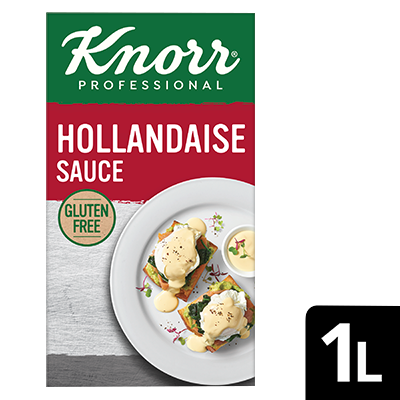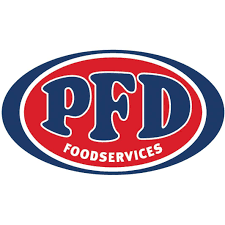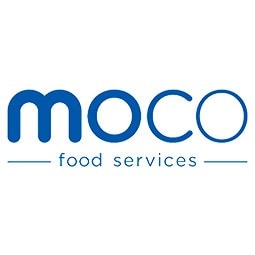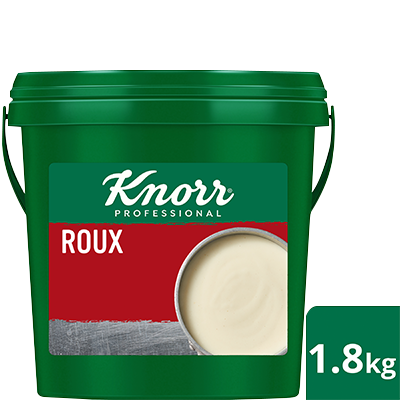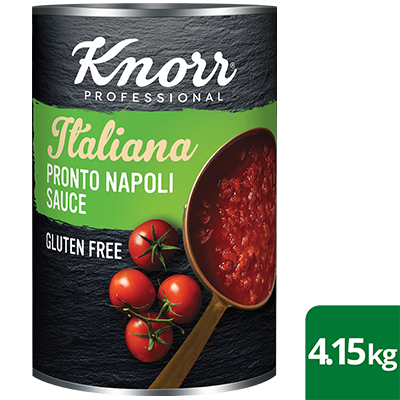Posted on Tuesday, 22ⁿᵈ October, 2024

A little while back, Unilever hosted an online panel discussion about the challenges of adopting IDDSI and implementing texture modification in aged care.
One of the most important takeaways from that discussion was the lack of skill and hands-on training available to aged care chefs on this topic. Chefs also felt residents should have the same quality meal experience, no matter the texture level they required. What they wanted was access to recipes with instructions on how to easily adapt a meal across multiple texture levels.
That’s why Unilever Food Solutions partnered with Regis aged care to create five delicious recipes, with detailed instructions on how to adapt them across four most common IDDSI texture levels 4 to 7; along with video tutorials for each recipe to help staff easily prepare them at site level. Unilever Executive chef, Andrew Ballard and Regis Regional Catering Manager- Process & Product Innovator, Bryan Seeborun, considered the taste preferences of Regis residents, and the equipment and skills of kitchen teams across multiple sites to make these recipes easy to implement. Stay tuned over the next few months as we reveal and share them with you.
In the meantime, we spoke to Bryan Seeborun about the inspiration behind the project and how it will be implemented across Regis’ 66 Residential aged care Homes in Australia.

Why IDDSI?
Currently, approximately 18% of Regis’ residents require a texture-modified diet. This number is expected to increase in the next 5 to 10 years, so making sure there is an effective way to guarantee all residents are given the correct texture level is critical.
Five years after the launch of the International Dysphagia Diet Standards Initiative (IDDSI), it is being implemented by healthcare professionals across Australia. The old Australian texture modification standards are no longer recognised by healthcare training organisations, so the future aged care workforce will already be fluent in IDDSI texture modification.
What this means going forward, is there will be consistency of terminology and texture levels across all healthcare modalities, from Speech Therapists and Dieticians to aged care chefs and hospital staff. Some food products are also adopting IDDSI in their labelling where appropriate.
In October 2024, Regis aged care will be implementing IDDSI in all 66 of their Australian Residential aged care Homes.
As Bryan explains, because the language and the testing methods are standardised, it makes food service so much safer for those who require a texture-modified diet.
The standardisation is now across all aspects of aged care. This includes hospitals, which historically has been a challenge when residents come from hospital care to residential care; there was a disconnect in how specific needs were communicated. With IDDSI in place, there is a common language that everyone understands.
Implementation
To effectively embed the IDDSI standards and testing methods across all Homes, Regis will train IDDSI Champions at each location. These advocates for the implementation will then ensure IDDSI is understood and applied by everyone at the Home.
As the first step in the implementation, Plena Healthcare will provide comprehensive training via a face-to-face workshop for the Regis IDDSI Champions, who will then take these skills back to their workplace where they will be responsible for training the food service teams and supporting them through the transition to full IDDSI competency.
Each Home will have five IDDSI Champions, and they will be encouraged to support each other within their Homes and learnings across the Champion group to help with ongoing skills and training for the whole team. The five people we have selected based on their roles include senior management, General Manager, Clinical Manager, Chef Manager, as well as other key people — so there is a top-down advocacy for the implementation. These people are then able to provide ongoing support, particularly in the first month, where everything from food prep and cooking to presentation on the plate and assistance in the dining room will require more attention than usual while people learn new skills and become comfortable with the changes.
Goals
In terms of implementation timing, Regis will be launching new menus nationally at the end of October and the expectation is everyone in food service will understand IDDSI and be able to use the new IDDSI-compliant recipes starting from 30ᵗʰ October, 2024.
In the longer term, Bryan sees IDDSI as a completely integrated and normal part of the way food is cooked and served in aged care homes. It won’t matter what is offered on the menu; residents will receive the meal they want at the texture level they need. Texture modification will become part of the available options for a resident, as well as simple to create for the food service team.
About Regis
Regis provides services to more than 9,000 older Australians through residential aged care homes, home care service hubs, day therapy and respite centres, and retirement villages. Regis prides itself on providing high quality care and services through its team of over 11,000 dedicated nurses, carers, and support professionals. Regis is one of Australia’s largest providers of residential aged care and currently operates 66 Homes across Australia.

Disclaimer: The content of this article is created for inspiration purposes only. It is not intended as clinical, medical or nutritional advice.






